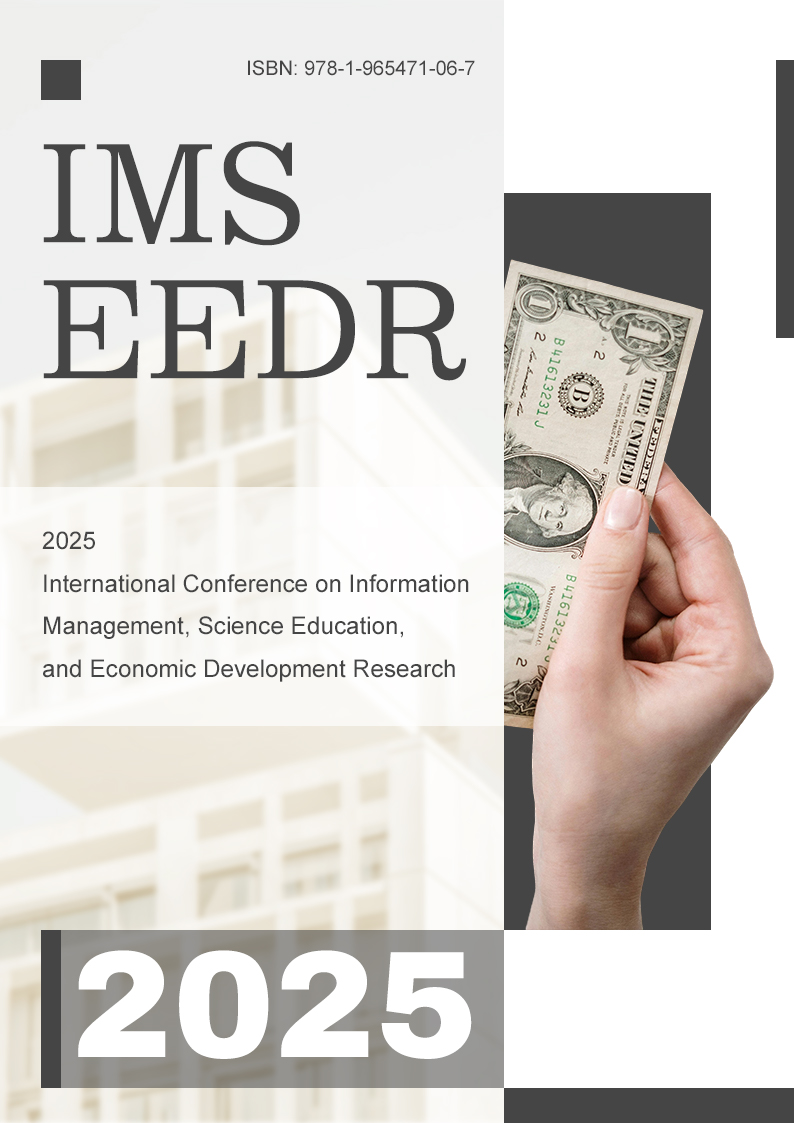Metaverse and Art Education: A New Paradigm

Authors:
Mengyu Liu
Keywords:
Metaverse; Art Education; Virtual Reality; Personalized Learning;
Doi:
10.70114/aimedr.2025.2.1.P105
Abstract
With the rapid development of digital technologies, the metaverse—an integrated platform combining virtual reality (VR), augmented reality (AR), artificial intelligence (AI), and blockchain—is reshaping the spatial structure and pedagogical model of art education. This paper adopts a mixed-methods approach that includes literature review, case studies, and questionnaire-based investigation to examine the current state and future potential of metaverse-based art education. Focusing on immersive experience, interactivity and personalization, and global collaboration, the study reveals that the metaverse significantly enhances students' artistic perception and engagement, reconstructs pedagogical relationships, and expands the boundaries of intercultural communication and creative expression. However, the research also identifies technical adaptation and interface usability as key challenges. Based on these findings, the paper proposes optimization strategies and envisions hybrid and localized development paths to support the digital transformation of art education.


